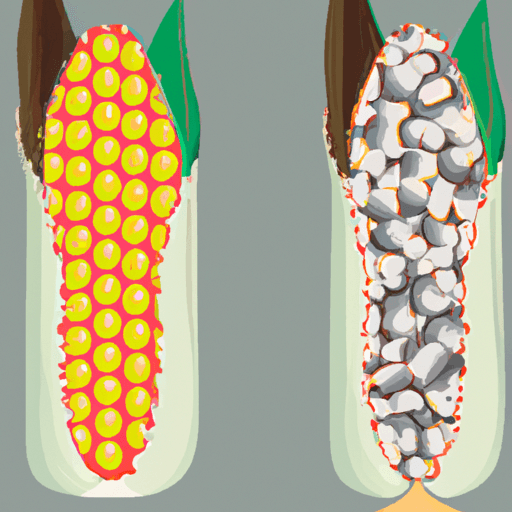Genetically Modified Organisms (GMOs): A Balanced Perspective
Genetically Modified Organisms (GMOs) have evoked wide-reaching debates around the globe, polarizing opinions among scientists, environmentalists, farmers, and consumers. The development and adoption of GMOs are a complex and often controversial subject, presented with both potential benefits and drawbacks. Therefore, this article aims to provide an objective analysis and balanced view on this topic.
Understanding GMOs
First and foremost, it is essential to delve into what Genetically Modified Organisms (GMOs) are and how they are created. GMOs are organisms, typically plants and animals, whose genetic material has been artificially manipulated in a laboratory to enhance certain traits such as resistance to pests or herbicides. This technology merges DNA from different species, creating combinations of plant, animal, bacterial and viral genes that do not occur in nature or traditional crossbreeding methods.
Potential Benefits of GMOs
Myriad advantages come with the adoption of GMOs. A key benefit includes increased crop yield, as GMOs can be designed to enhance productivity and nutritional content. This becomes significant in regions where starvation and malnutrition are prevalent and can be mitigated by maximized food production.
Moreover, GM crops can be engineered to be resistant to pests, diseases, and adverse environmental conditions such as drought and frost. This genetic modification increases their resilience and reliability, leading to better harvests and less reliance on chemical pesticides, thereby reducing cost and potentially benefiting the environment.
Potential Drawbacks of GMOs
However, despite the promising potential benefits, several concerns surround GMOs. One key concern is the risk to biodiversity. Due to their advantage in survival and propagation, GMOs might outcompete natural species, leading to a loss of biodiversity which can in turn risk the stability of entire ecosystems.
There have also been concerns about potential health effects. While most current research suggests that GMOs are safe to eat, there is ongoing debate regarding their long-term effects on human health. Besides, ethical issues arise, with some arguing that altering nature at the genetic level is playing 'God' and can have unforeseen consequences.
Conclusion
The controversy surrounding GMOs is vast and complex, with varying perspectives. Therefore, it is crucial that we continue discussing, researching, questioning, and seeking answers. It is only by balancing the potential benefits against the conceivable risks, considering all perspectives, that we can make informed choices about this powerful technology.















Comments
Leave a Comment